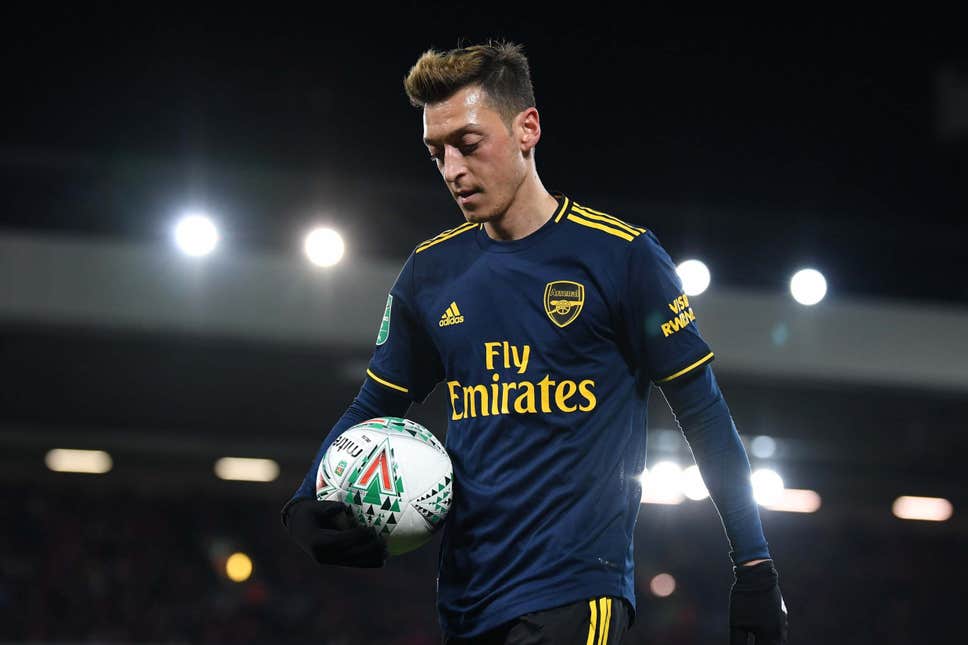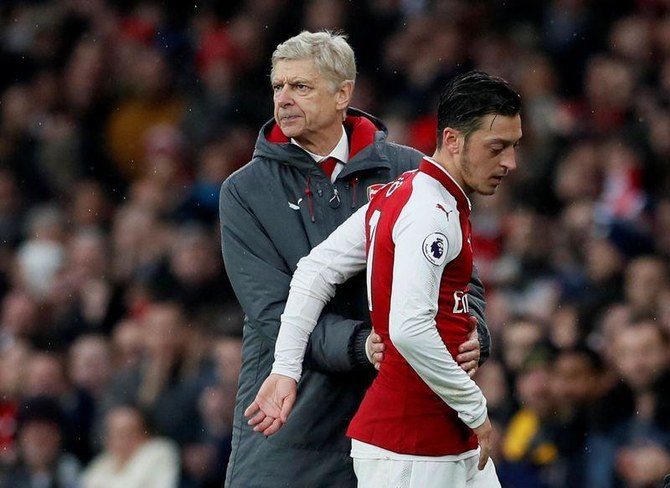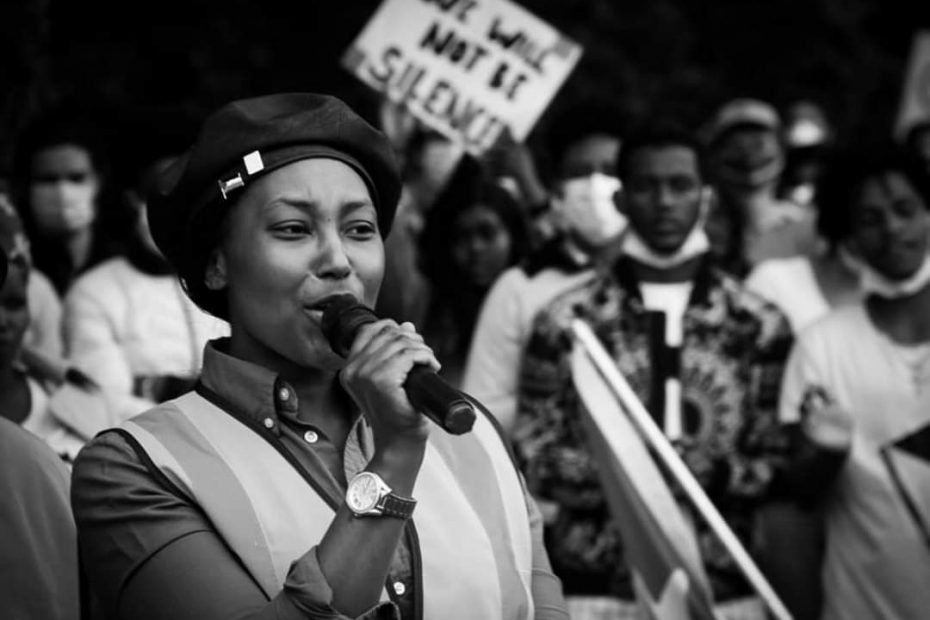Arsenal F.C. claim they wish to be an apolitical organisation. However, comments made by midfielder Mesut Ozil have caused Arsenal to act in ways that seem to be conflicting with their own policies. It leaves a bad taste in the mouth of some Arsenal supporters and raises questions as to whether or not finances and reputation take precedence over human rights and freedom of speech.
Arsenal are a Premier League club. They have a passionate and loyal fanbase, and are one of the most respected clubs in English football. Despite their on-field mediocrity in recent years, Arsenal have still managed to win four FA Cups since 2014, with their last triumph over Chelsea securing their record 14th title. It certainly gave Arsenal fans something to celebrate after a lacklustre season, with their Europa League dreams dashed and their lowest league finish in over two decades. Football is something that people value. It takes their mind away from the struggles of day-to-day life and gives them something to look forward to during the weekend. Unfortunately, there have been recent events that question whether Arsenal or the Premier League itself are as apolitical as they portray themselves to be.

In 2019, midfielder Mesut Ozil, a Muslim of Turkish heritage and German nationality, publicly spoke out over China’s alleged persecution of Uighur Muslims. He said, in a quote on Twitter, “[In China] Qurans are burned, mosques were closed down, Islamic theological schools, madrasas were banned, religious scholars were killed one by one. Despite this, Muslims stay silent.” These claims seem to be highly legitimate. Several human rights groups have reported that up to a million people from this community have been detained in high-security ‘re-education’ camps in Xinjiang, in the North-West region. China has consistently denied this, and claim that people are being educated in ‘vocational training centres’ to push back against violent religious extremism. There is footage of this, with subjects kneeling and blindfolded with their heads shaved. It may remind some of similar scenes in Nazi Germany, where Jewish people were also led onto trains heading for ‘camps’ in a similar manner.
Arsenal were quick to distance themselves from Ozil’s comments. In a statement, they said “Arsenal Football Club must make a clear statement here: All the content published [by Ozil] is Ozil’s personal opinion. As a football club, Arsenal has always adhered to the principle of not involving politics”. Further evidence of the club’s desire to remain apolitical can be found in a 2014 interview with legendary former manager Arsene Wenger. When asked about the relationship between politics and sport, Wenger said “political influence, which has always played a big part in the game… we have to keep it out as much as possible.” As the then-manager of Arsenal, Wenger had an enormous influence over the club, its policies and affairs, and even after his retirement his legacy is still prevalent. Wenger did, however, defend Ozil’s right to freedom of speech.

However, in 2020 this does not seem to be the case. Since the death of George Floyd in the United States, sportspeople around the world have been ‘taking the knee’ in support of the Black Lives Matter (BLM) movement, and the Premier League is no exception. Indeed, since the restart of the league, players have almost universally decided that taking the knee is the right thing to do. In place of the fans’, many clubs including Arsenal, have proudly displayed BLM banners over their seats. The players wore shirts that had ‘Black Lives Matter’ printed on the back in place of their names. There was a clear and obvious support for the movement by the Premier League and Arsenal. This is in stark contrast to Arsenal’s previous comments and sentiments about wishing to stay away from politics. It is naïve, if not arrogant, to believe that the BLM movement is not political. When you consider what BLM actually stand for, it is impossible to argue otherwise.
BLM co-founder Patrisse Cullors, in a resurfaced video from 2015, described herself and her fellow organizers as “trained Marxists”. She said, “we are trained Marxists. We are super versed on… ideological theories… and I think that what we really tried to do is build a movement that could be utilized by many, many black folk”. This is a reference to Marxism, a left-wing ideology which believes in social transformation by any means necessary. There is a underlying implication of force and violence there, and judging by the chaos in certain areas of the US in the name of BLM, it’s not a surprise why. In addition to this, not only have several BLM activists called for the defunding and eradication of the police force, they were also calling for the dismantlement of the nuclear family (removed quietly from their website a few weeks ago).
Sasha Johnson, of Oxford University, has called for a black militia to be established in the UK, and will attempt to establish a black-only political party called ‘Taking the Initiative’, which will exclude those who are white. With all this overwhelming evidence, how could anybody possibly believe that BLM is apolitical, when the very founders of the movement take their inspiration from the founder of Marxism?

Yet Arsenal believes that BLM is apolitical, despite all evidence to the contrary. Arsenal must think that the movement, at its core, is totally about racial equality and therefore transcends its political manifestation. In the FA Cup final against Chelsea, the players wore shirts with BLM, next to the NHS symbol (in reference to the nurses and doctors during Covid) and the Head’s Up symbol (about mental health awareness). The latter two are apolitical, laudable causes which people should support. They have no political affiliation, and have faces and people you can hold accountable. Had Arsenal researched BLM, they would have known that the organisation isn’t as innocent as they desperately make it out to be. Arguably, it’s a reflection of mainstream media’s deliberate attempt to make BLM apolitical; to portray it as a harmless, innocent cause (like supporting the NHS and Head’s Up) which would have ultimately made it exempt from criticism, disagreement and scrutiny.
Some would argue that Arsenal’s situation is purely a PR issue. This is questionable, because Ozil is not the only Arsenal player to have expressed a political opinion. That same year, defender Hector Bellerin encouraged young people to vote in the general election, and tweeted “#FuckBoris”. Despite this Arsenal did not release any statements and distance themselves from his comments, in the way that they did with Ozil. Why? Both statements were political, but only one was ‘bad’ enough for Arsenal to make a statement about. This is despite Bellerin’s comments being purely opinionated, yet Ozil’s was more serious and actually had evidence to back up his claims. Is it because criticising another country in general is bad, or is to do specifically with China? Perhaps the UK does not wish to get involved in a cold war with China, as it is with the US at the moment? Perhaps it’s a financial one, as China pays close to £700 million per season for Premier League TV rights?

There is a plethora of reasons. The ‘No Room for Racism’ patch is a much more inclusive slogan, free of political influence unlike BLM. In any case, not only does it leave a bad taste in the mouths of some Arsenal supporters, it also shows how hypocritical clubs can be when finances and reputation are at stake.


